A Deep Dive Into the Historical & Constitutional Divide
Law enforcement in America is split between two powerhouses:
- The Police—the boots-on-the-ground enforcers of local law.
- The Sheriff—the constitutionally-backed authority with deep historical roots.
Both wear badges. Both take the oath. But their roles? Their powers? They’re not the same.
The battle between police vs sheriff isn’t just jurisdictional—it’s a clash of legal authority, history, and control. If you’ve ever wondered who outranks whom, what the constitutional difference is, and why sheriffs hold a unique place in American governance, this is your deep dive.
The Origins: Kings, Posse Comitatus, and Local Power
To understand the difference between police officers and sheriffs, you have to go back. Way back.
The Sheriff: The King’s Enforcer
The sheriff’s role traces back to England’s Shire Reeve, the enforcer of the king’s law. Unlike police, who serve municipalities, the sheriff was the sovereign’s hand in the counties, wielding tax collection powers, law enforcement authority, and military command over the local militia.
🔹 Key Distinction: The sheriff was answerable only to the king (or, in the U.S., to the people who elect him).
When America declared independence, the sheriff became the people’s defender—a check against government overreach, not an employee of the state.
The Police: A Modern Invention
Policing, as we know it, didn’t exist in medieval England. The concept of a full-time, organized police force came from London’s Metropolitan Police, founded in 1829 by Sir Robert Peel (hence the term “Bobbies”).
🔹 Key Distinction: Unlike sheriffs, police officers don’t derive power from constitutional authority—they are appointed by city officials or government agencies.
The American police force followed suit, with the first municipal police departments forming in the mid-1800s. While sheriffs remained tied to their constitutional and historical role, police departments evolved into government-backed urban law enforcement agencies.

Sheriff vs Police: Constitutional Power vs Appointed Authority
The core difference between police and sheriff lies in how they derive their authority.
Sheriffs: Elected & Constitutional
✔ Elected by the people – Answerable directly to voters, not a mayor or city council.
✔ Broad countywide jurisdiction – Can enforce laws anywhere in their county, including in cities with police departments.
✔ Authority over jails – Sheriffs manage county jails and inmates.
✔ Historical connection to militias – Some states still grant sheriffs posse comitatus authority (the ability to deputize citizens).
Police: Appointed & Municipal
✔ Hired and controlled by local governments – Mayors, city councils, or police chiefs determine policy.
✔ Jurisdiction limited to city limits – Unlike sheriffs, police can’t enforce laws outside of their city unless granted specific powers.
✔ No authority over jails – County jails remain under sheriff’s control.
✔ More dependent on politics – Since police chiefs are appointed, they must align with government policies.
🚨 The Big Takeaway: A sheriff is an independent constitutional officer with powers granted by the people. A police chief is an appointed city official, serving at the pleasure of politicians.

Who Has More Power: The Sheriff or the Police?
Here’s where things get controversial.
👉 Sheriffs have more power in their county than police chiefs do in their cities.
Since they are directly elected, sheriffs cannot be fired by politicians. A police chief, however? One bad press conference, one scandal, and they’re out.
👉 Sheriffs can refuse unconstitutional laws—police officers don’t have that luxury.
Because sheriffs are constitutional officers, they have the power to refuse to enforce laws they deem unconstitutional. Police, on the other hand, follow orders set by city officials and government agencies.
Example: During major federal mandates, some sheriffs have refused to enforce gun control laws or COVID lockdowns, citing constitutional overreach. City police officers had no choice—they had to follow orders or risk termination.
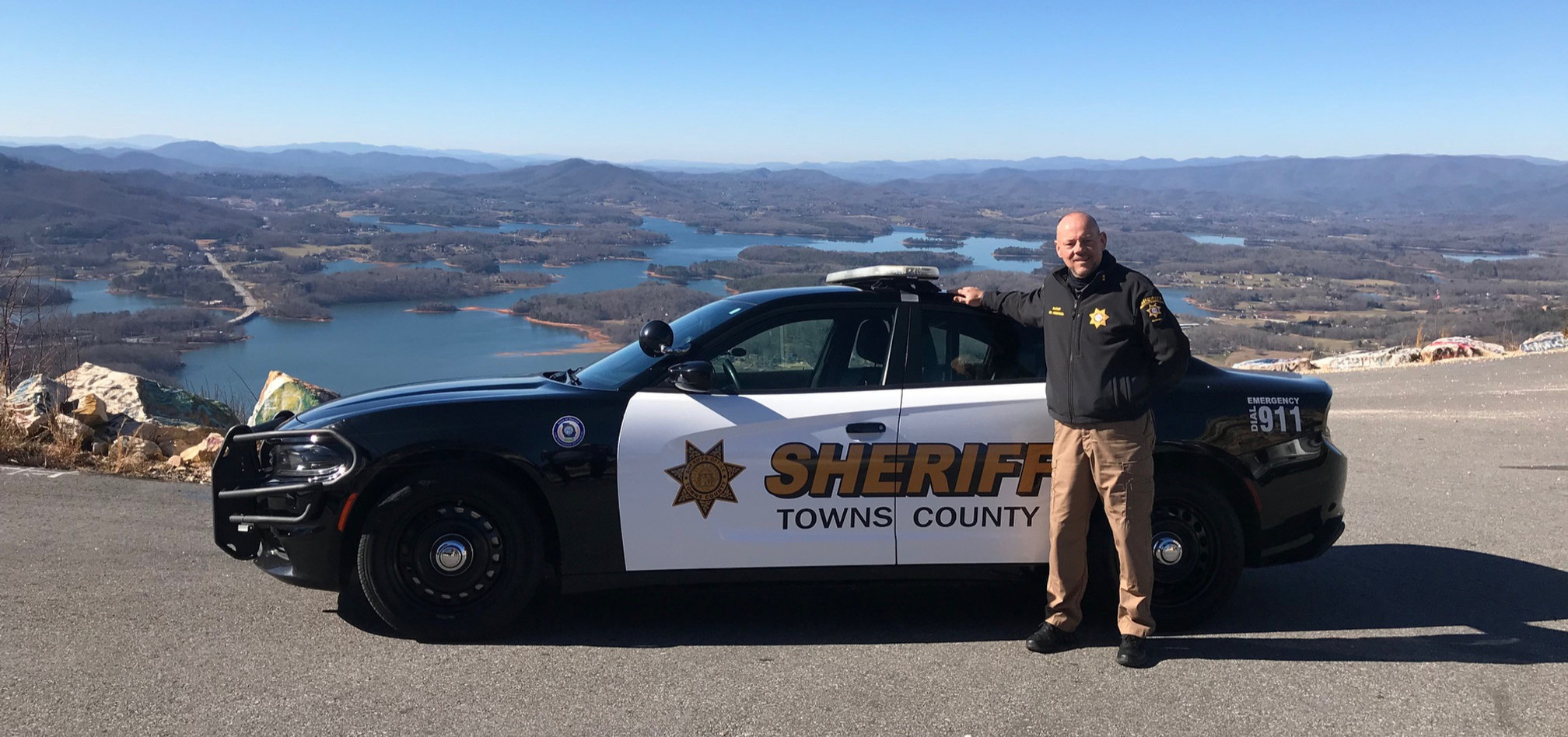
Police vs Sheriff: Who Handles What?
If you’re still wondering about the day-to-day differences, here’s how it breaks down:
| Category | Sheriff 🏛 | Police 🚔 |
|---|---|---|
| Jurisdiction | Entire county | Only within city limits |
| How They Get the Job | Elected by voters | Appointed by city officials |
| Who They Report To | The public | City government |
| Manages Jails? | Yes, oversees county jails | No, city jails are rare |
| Highway Patrol? | Sometimes | No |
| Investigations? | Yes, county-wide | Yes, but only in the city |
| Political Control | Limited, answer to voters | High, answer to politicians |
🚔 Police handle urban law enforcement—responding to crimes, investigating offenses, and enforcing city laws.
🏛 Sheriffs have a broader, countywide role—managing jails, providing court security, and often leading rural law enforcement efforts.
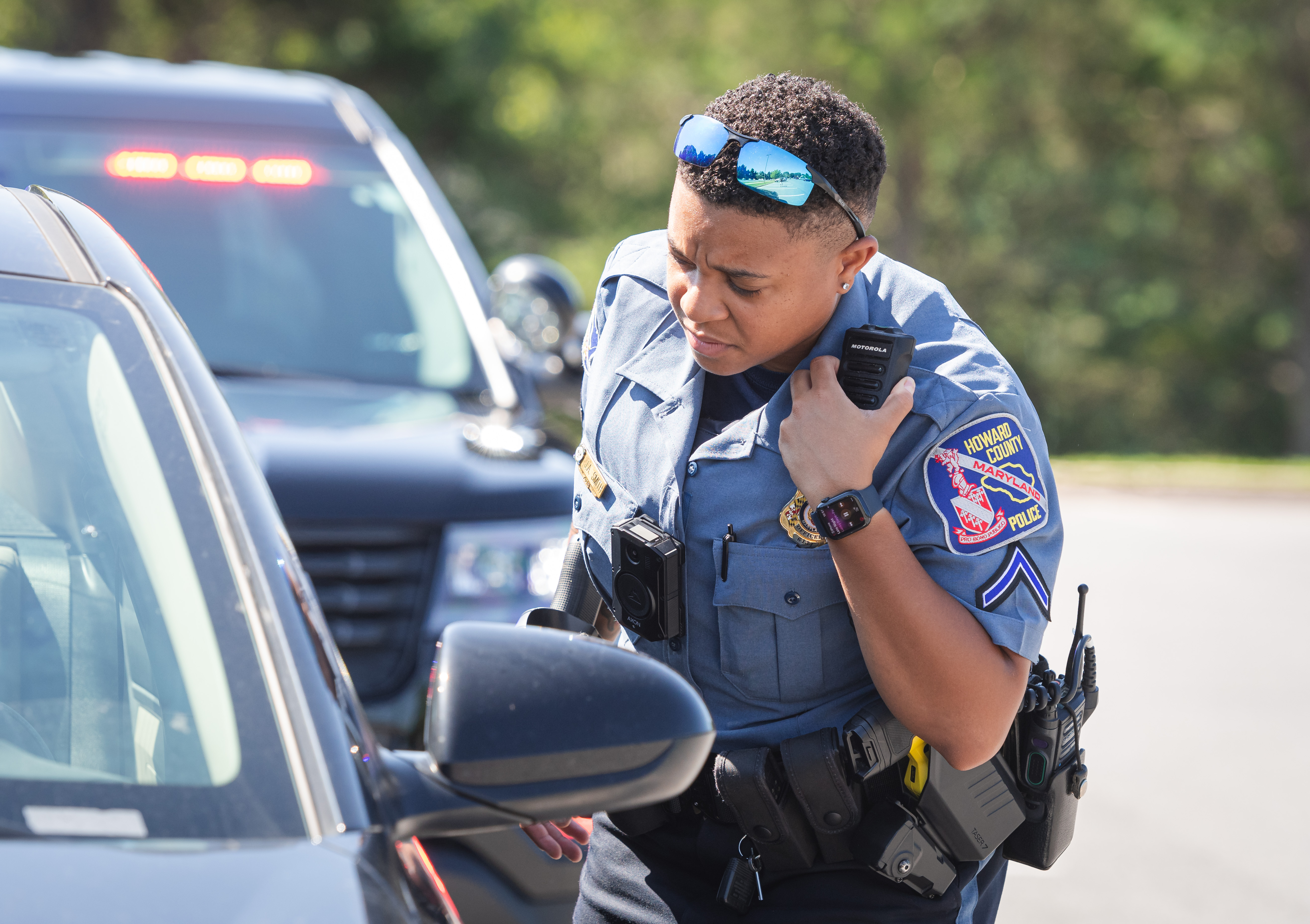
Final Verdict: Why the Difference Matters
The sheriff vs police debate isn’t just about jurisdiction—it’s about power, history, and who controls law enforcement.
- Sheriffs are the last line of defense against government overreach.
- Police enforce laws within city limits but are bound by political oversight.
- Sheriffs have historical roots in sovereign authority, while police are a modern creation designed for urban control.
So, who has more power? That depends on what kind of power you’re talking about.
If you want a career with constitutional authority, the sheriff’s office is your path.
If you prefer structured law enforcement within city operations, becoming a police officer is the way to go.
Either way, both serve the same mission—protecting and serving the people. The question is, under whose authority?
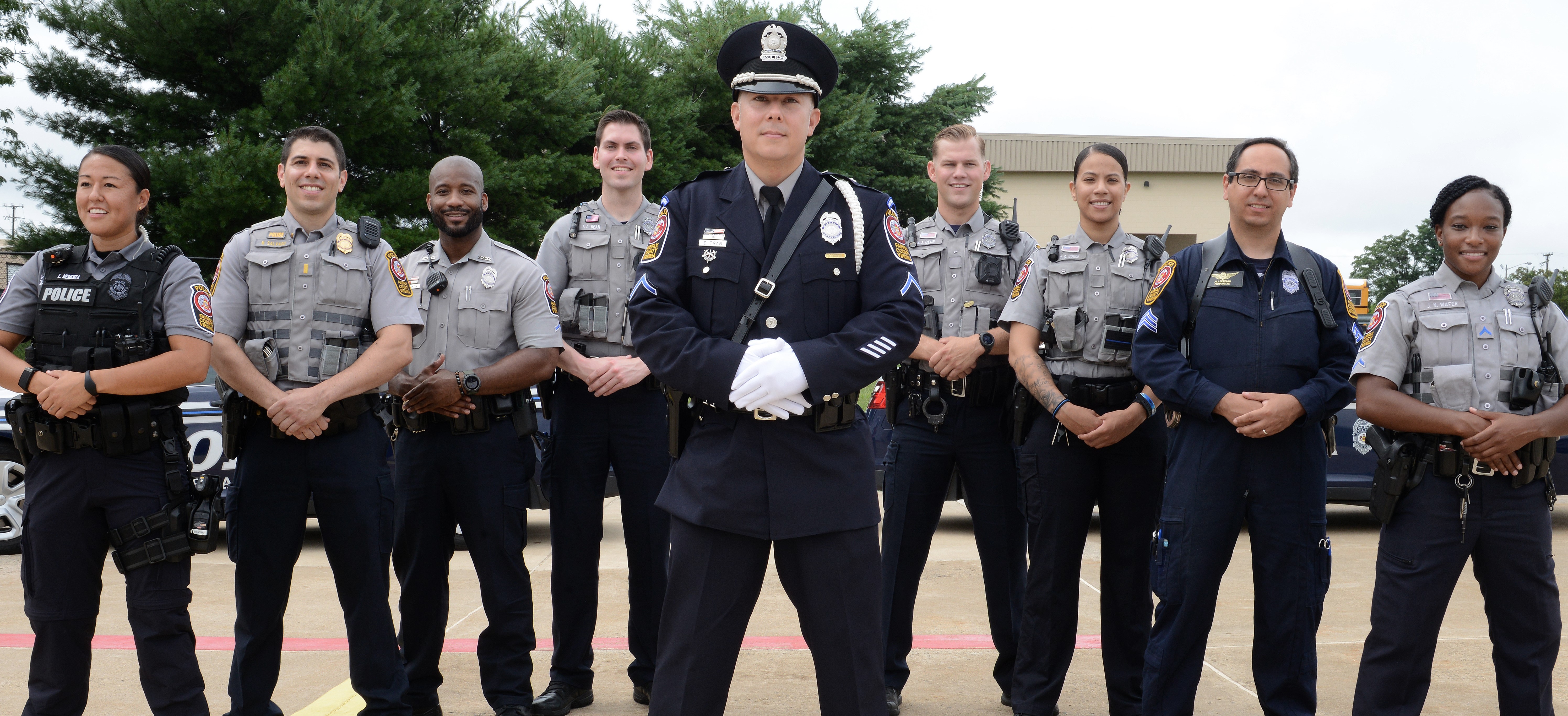
Join the Brotherhood – Custom Challenge Coins for Law Enforcement
No matter what side of the police vs sheriff debate you fall on, one thing is certain: you earned that badge, and you deserve to carry a challenge coin that reflects your honor and service.
🔥 Custom Challenge Coins for Police & Sheriffs – Made for those who serve.
💪 Fully Customizable | High-Quality Craftsmanship | Trusted by Law Enforcement
🚨 Get Yours Now! 👉 Shop Custom Coins

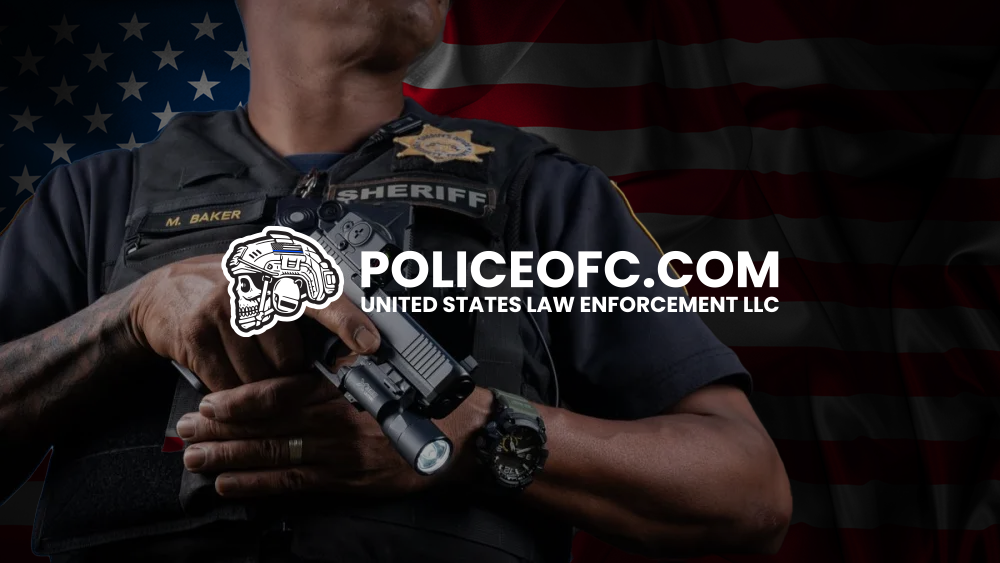
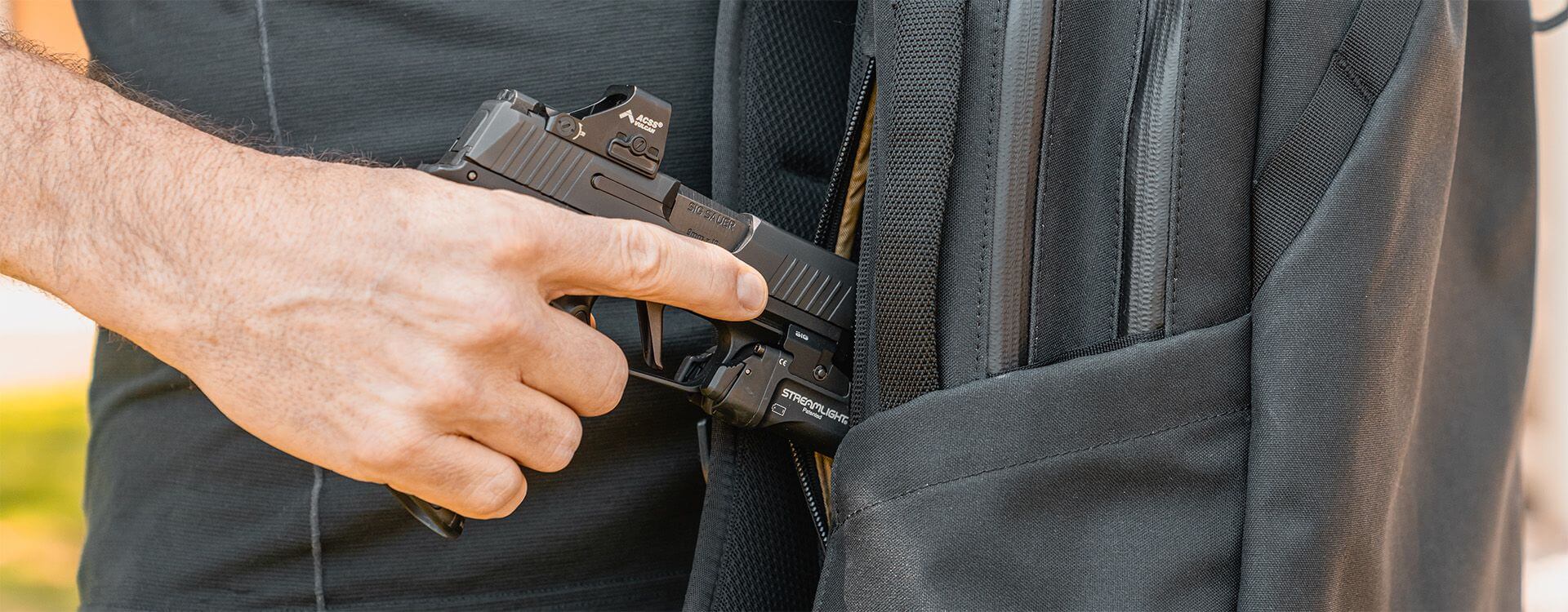
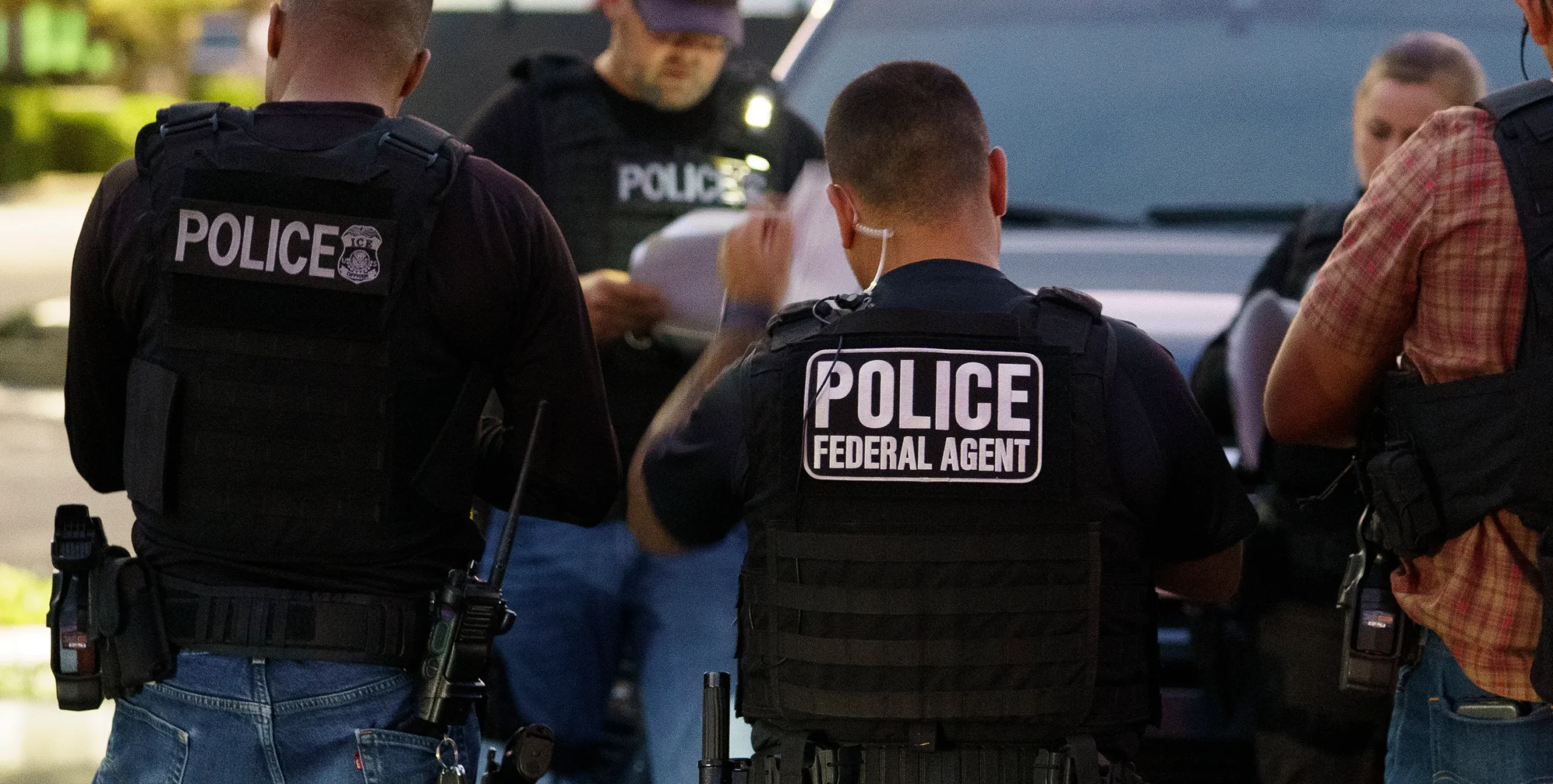

2 Responses
When the corruption is practiced more than law, it matters not, who is what, or where but, when….
When is it you bow, and how much you $$$$ you contribute……
I have been dealing with meth heads smoking all night and day. Located at 1418 Preston. The apartment number is 309. Kept me up all night. Starting up again this evening.